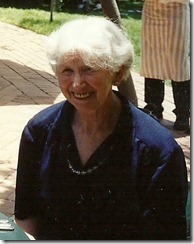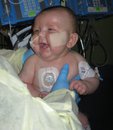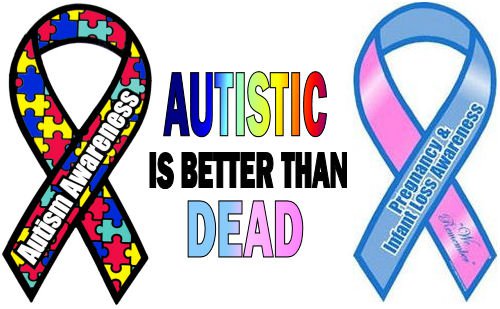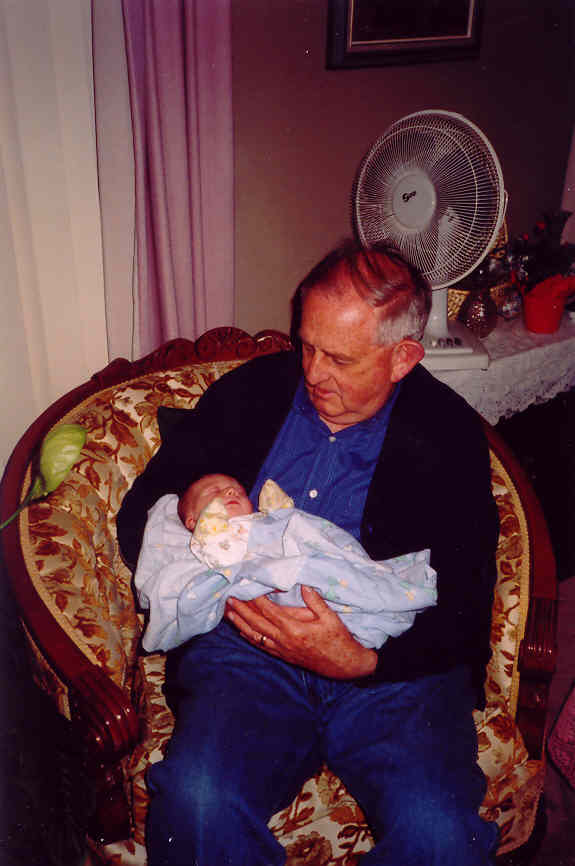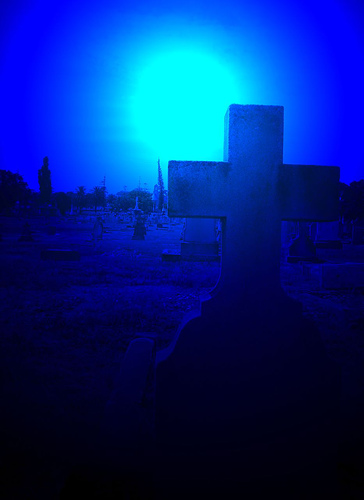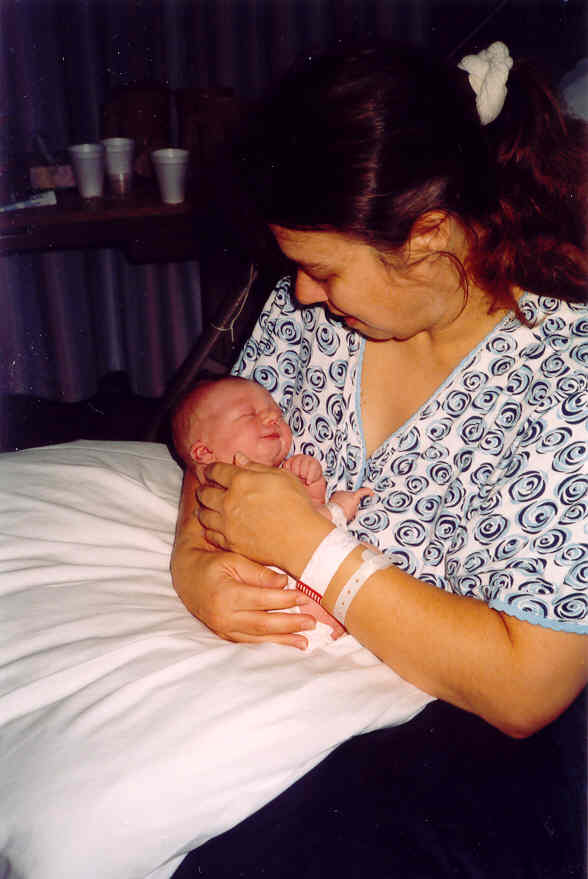To my beautiful Aunt Ann,
For months, I have been telling myself that I would write you a letter. The Internet never made its way to the charming old farmhouse that has been home to you for your whole life. Since I moved to Canada eleven years ago, we have kept up with each other’s lives through my Mom, the occasional phone call, my two visits home, and the odd piece of snail mail.
When I got married last year, you painted me a picture. A bright, beautiful picture of flowers. It brightens up my mantle and I think of you every time I look at it. And although I sent you a card to say thank you, I promised myself that I would write you a proper letter, full of news and anecdotes. Maybe I would put in some pictures of my boys, the great-nephews who filled you with joy even though you never met them.
Now you are gone, tragically taken from us while the letter in my head remains forever unwritten.
When Mom called in the early hours of this morning to give me the news, I could not believe it. You have always been such a big, influential part of my life, and I cannot help wondering if my world will ever be able to adjust to your absence.
You were, to me, the epitome of a lady. Stylish and elegant, you were utterly beautiful inside and out. The many wonderful qualities about you will never be forgotten: your warmth and kindness, your generosity, your patience, and of course, your second-to-none baking skills.
Memories of you are playing in my head like a slideshow.
…the countless times you helped me prepare for my piano exams, showing me with infinite patience where I was going wrong and applauding what I was doing right.
…the times I walked around your large property with you and your dogs, helping you feed the pigeons.
…the times I played checkers with Granny when she was still alive, while you tried out a sewing experiment at the other end of the table.
…the way I admired the garden that you put so much love and care into.
…the lazy summer days I whiled away on the hammock in your front yard while you happily pruned roses nearby.
…the times I ate the shortbread that only you could make just right, that you dipped into melted chocolate.
…the little “Happy Birthday” music box you had, that you would play over the phone to whoever was celebrating a birthday.
…the time you took me and two of my cousins to the lion park.
…the time you tried to firmly but lovingly talk sense into me when I made a stupid decision that would have far-reaching effects.
…your home renovation escapades that made the rest of the family alternately despair and laugh.
…the way you folded me in your warm, loving embrace when my Dad died, comforting me even while you grieved the loss of one of your best friends.
…the day, shortly after Dad’s funeral, when you and I broke the corkscrew while it was still in the cork and we ended up having to strain the wine, and we agreed that Dad was messing with us.
…your absolute delight when we welcomed my firstborn child into the world the day before your birthday.
At the beginning of this week, I was gripped with inexplicable intense anxiety that wouldn’t go away. For three days I was living with the iron first of dread, and I didn’t know why. Little did I know that my universe was bracing itself for your sudden departure.
It is surreal to think that you left your house expecting to be gone for a short time – just long enough to walk your dogs down the road and back. You probably thought you would return home, have a cup of tea and maybe a sandwich for your lunch, and spend the rest of the day relaxing in your garden with your dogs.
I wonder if you had any sense of what was to come as the car approached, starting off the chain of events that would lead to your death. I hope you went quickly, without feeling any pain.
I love you, and I always have. I am going to miss you more than words can possibly express. And I am grateful that I had the honour of being your niece, that you were such a big part of my life, and that you helped shape me into the person I am today.
I know that you will be worrying about Mom. She is devastated. You were her best friend and she will miss you so much. But we will take care of her. We will make sure she is OK.
Rest in peace, beautiful lady. Someday, I’ll see you on the other side.
Kirsten





